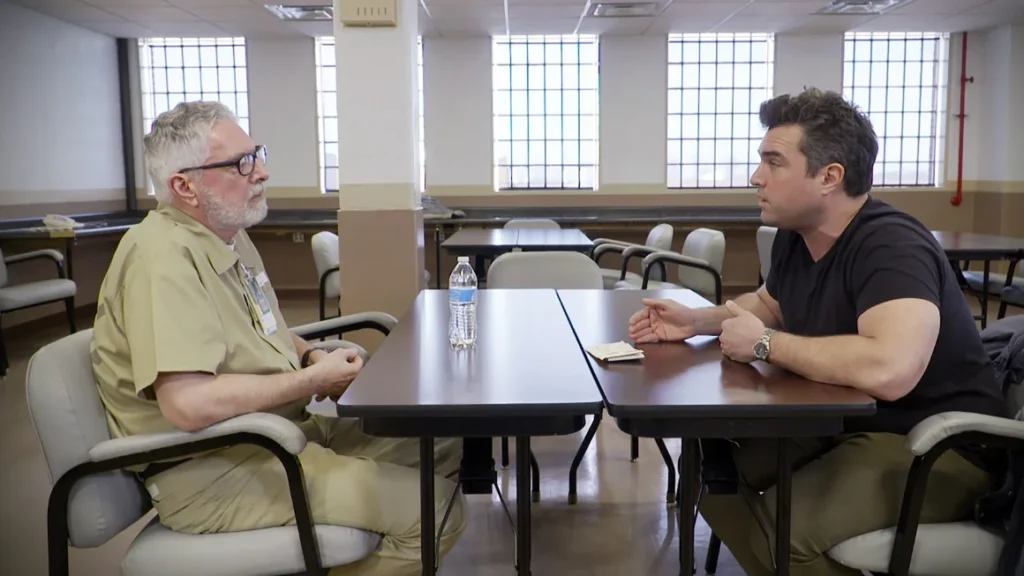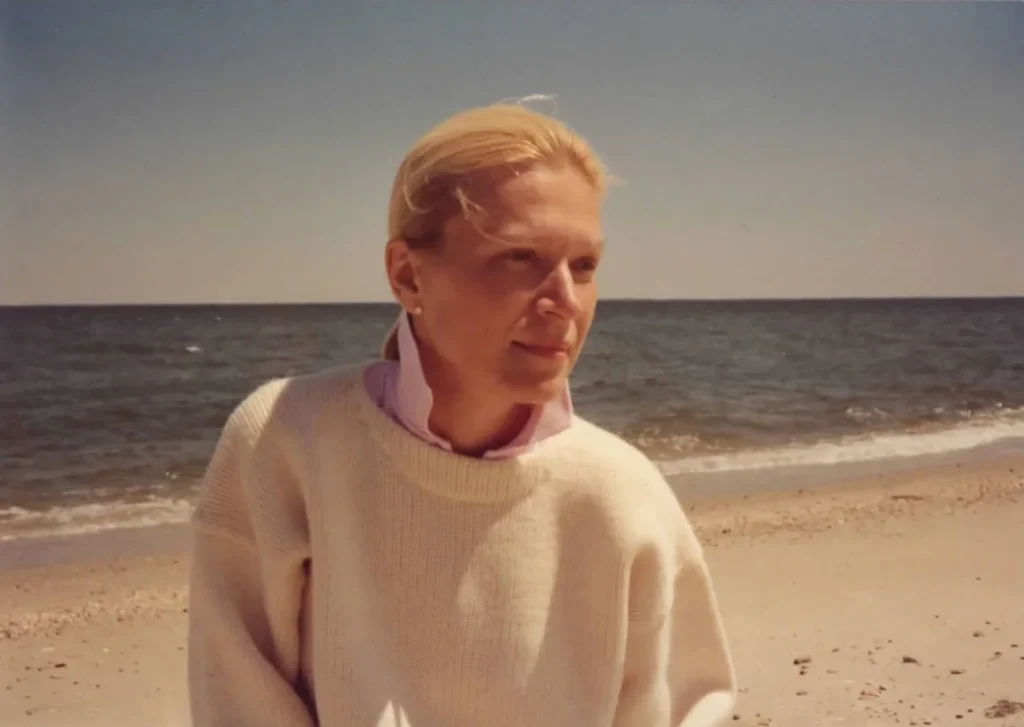
Collier Landry woke in the night to a sharp scream followed by two heavy thuds. Frozen with fear, he pulled the blankets over his head as heavy footsteps echoed past his bedroom door. His Batman clock glowed in the darkness: 3:17 a.m.
At just 11 years old, Collier lay still, his mind racing — What was happening? Who was outside? What caused the noise?
The footsteps hesitated briefly, as if someone was checking whether he was awake, then faded into silence.
The next morning, Collier came downstairs searching for his mother. It was New Year’s Eve, 1989. His father sat calmly on the couch and told him that his mother had left on a vacation.
Sensing Collier’s doubt, his father insisted, “I never touched mommy,” and warned him against contacting the police, threatening punishment if he did.
But Collier knew something wasn’t right. His mother would never have abandoned him, especially during the holidays. That gut feeling sparked the beginning of a case that would shock the community of Mansfield, Ohio, and expose a series of horrifying secrets.
Taking his mother’s advice, Collier reached out to a trusted family friend for help. That call set off a police investigation, with young Collier becoming a crucial witness. Without his father’s knowledge, he quietly shared important details with investigators, helping to move the case forward.
Three weeks after her disappearance, authorities found Noreen Boyle’s body buried in the basement of a house in Erie, Pennsylvania — 175 miles away. She was wrapped in a green tarp, with a white plastic bag covering her head, which the coroner later testified had been used to suffocate her.
In 1990, John Francis Boyle Jr. was convicted of aggravated murder and sentenced to 20 years to life in prison.
Now, more than 30 years later, the case is drawing renewed attention with the release of the podcast Finding Mom’s Killer, which recounts how Collier and Mansfield detective Dave Messmore uncovered the painful truth behind his mother’s death.
Today, Collier Landry — who dropped the Boyle name after his father’s conviction — occasionally speaks with his father, who remains behind bars at Marion Correctional Institution.
John Boyle, now 81, faces his third parole hearing this August. As the hearing approaches, Collier is grappling with a complex mix of emotions at the thought of his father’s possible release.
“I don’t carry hatred toward my father,” Landry said, “but that doesn’t mean we’re going to walk arm in arm into the sunset pretending everything’s fine.”
At 47 years old — close to the same age his father was when the murder happened — Landry sometimes wonders about the darkness in his family’s past.
“I think to myself, could I be capable of something like that? What makes me different?” he said. “Why am I the one who refuses to continue a legacy of violence?
He discovered his dad’s secret while accompanying him on house calls
To anyone looking in from the outside, life in the Boyle household during the 1980s seemed picture-perfect.
John Boyle was a respected osteopathic physician, running a family practice in Mansfield, Ohio. The Boyles, with their polished appearance, could have easily graced the pages of a magazine. Along with their biological son, they had adopted a young daughter, Elizabeth, from China. Together with their lively wire fox terrier, Gowdy, they lived in a comfortable, modest home.
Collier Landry often thought fondly of their family road trips. His father would fill the car with classical music, and young Collier would wave a straw like a baton, pretending to conduct an imaginary orchestra from the backseat.
Some of his happiest memories involved tagging along with his father during house calls — a common practice back then — across the small city of 50,000 residents, about 75 miles southwest of Cleveland.
But even in those moments, cracks in the perfect image began to show. During several visits, Landry noticed his father taking a special interest in a young woman he called a “patient.” He recalled seeing them taking walks together, holding hands, and even sharing secret kisses.

Collier became increasingly suspicious when he noticed the woman wearing his mother’s diamond ring. The ring had a unique design, featuring two small bars that allowed the diamonds to shift back and forth — a distinctive feature that made it easily recognizable, he said.
He told his mother about the woman, which led to heated arguments between his parents. Soon after, his mother filed for divorce. She started to feel threatened and handed Collier a list of her friends’ names and phone numbers, instructing him to call them if anything happened.
“She told me, ‘Collier, if your father says I left, contact all of my friends and have them call the police to investigate where I’ve gone,’” Landry recalled during his court testimony.
Collier kept the list of contacts hidden inside a stuffed Garfield cat on his bedroom dresser, unaware that he would soon need it in a way he never could have imagined.





